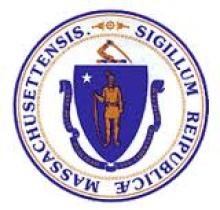Longmont Referendum Take Two: It Starts With a Debate
As we previously noted, the city of Longmont, Colorado, is preparing for a referendum to allow the City to offer telecommunications services to local businesses and residents using a fiber ring it built long ago. This is due to a 2005 law (the "Qwest" law) that was pushed through the Colorado Legislature by incumbents seeking to prevent competition.
That law has succeeded -- most Colorado communities can only choose between slow DSL from the incumbent telephone company and comparatively faster services from the incumbent cable company. And when Longmont last attempted to pass a referendum to share its fiber infrastructure with local businesses, Comcast and Qwest swamped the town with unprecedented sums to confuse residents -- leading to the referendum failure with 44% voting yes.
But after the referendum passed and people had time to better understand the issue, many who voted against it realized they had been duped. We have seen the same dynamic elsewhere -- in Windom, MN, for example, where the second referendum succeeded. WindomNet has since saved a number of jobs and is expanding to eight other underserved rural communities around it.
Longmont built its fiber ring in the late 90's but it still has a lot of unused capacity that could be used to attract economic development if the publicly owned power utility were authorized to offer services to businesses. Without this authority, the community has a valuable asset that they are forced to leave unused -- even as local businesses could benefit greatly from it.
The Longmont Times-Call outlined the situation in July:
Without that vote, the city can't let homes or businesses use that fiber without a vote, thanks to a 2005 state law. It's a fight the city's lost once before in 2009, when opponents -- including the Colorado Cable Telecommunications Association -- spent $245,513 to urge the measure's defeat. This time out, there's a different tack. The city has been underlining in discussions that the measure would "restore its rights" to provide telecommunications service.



